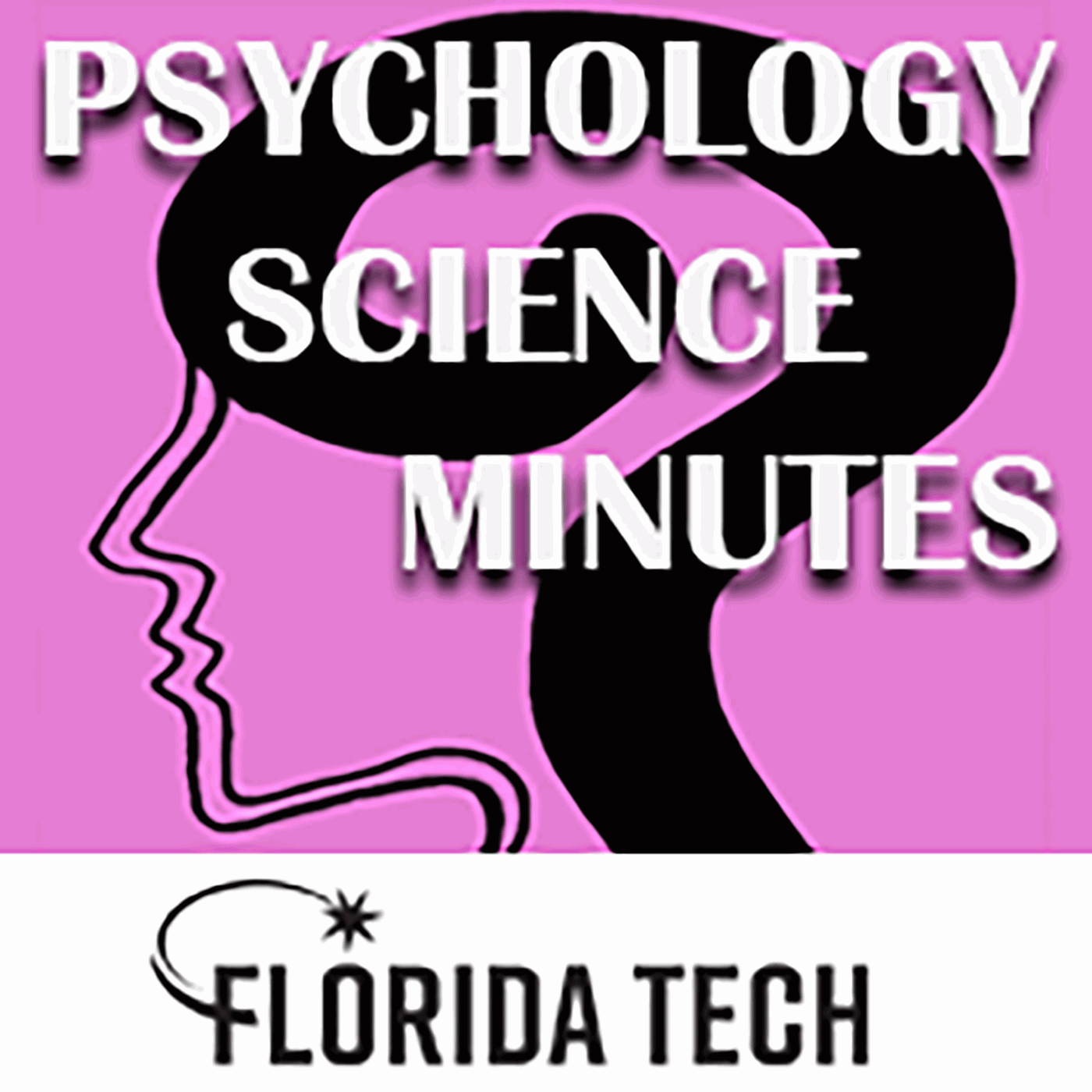#573 - Social Media & Anxiety

Reference: Wolenski, R., & Pettit, J. W. (2023, January 26). Social Media Usage Is Associated With Lower Knowledge About Anxiety and Indiscriminate Use of Anxiety Coping Strategies. Psychology of Popular Media. Advance online publication.https://dx.doi.org/10.1037/ppm0000456
Written by Jarret Bain B.S.


 Give to Florida Tech
Give to Florida Tech 